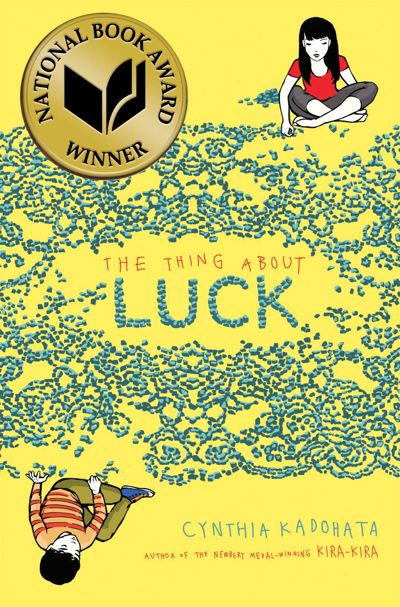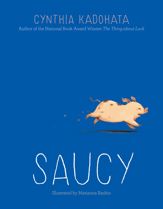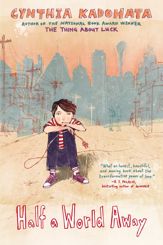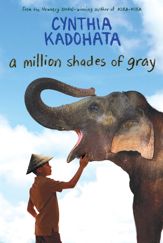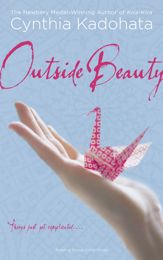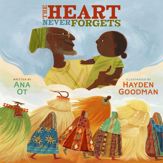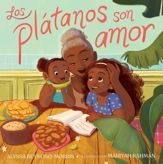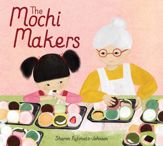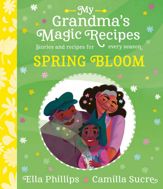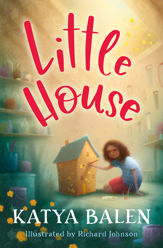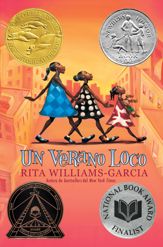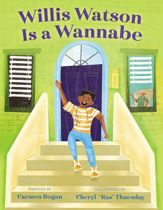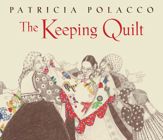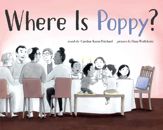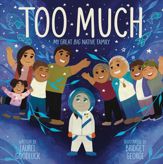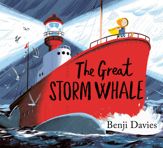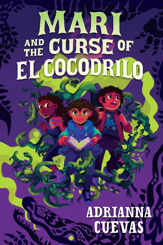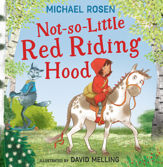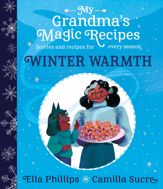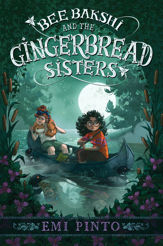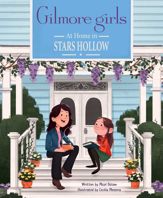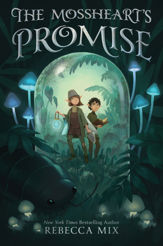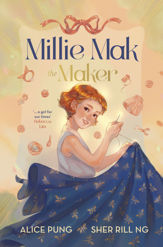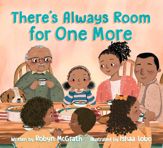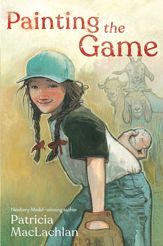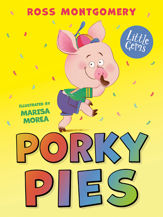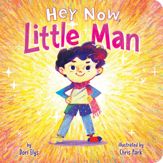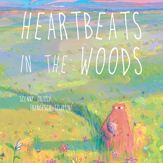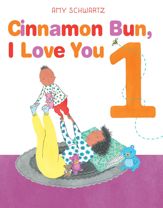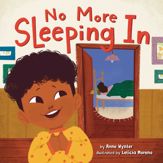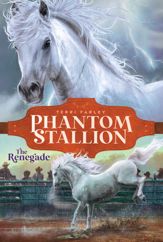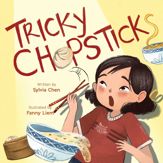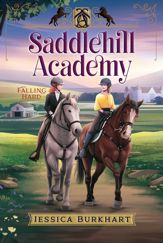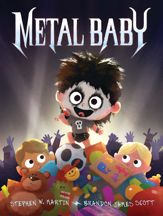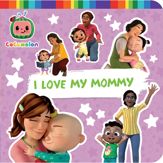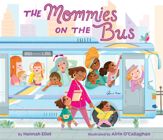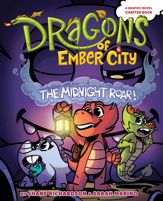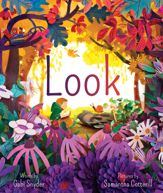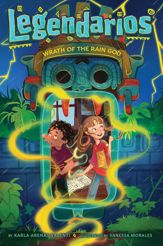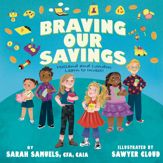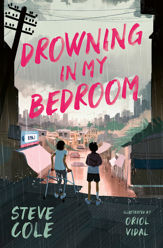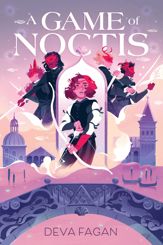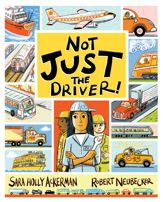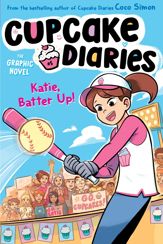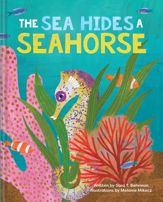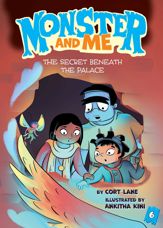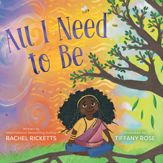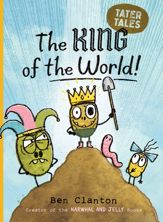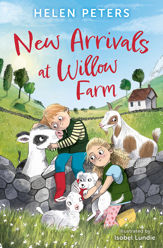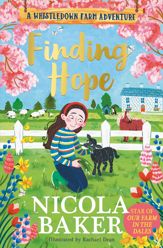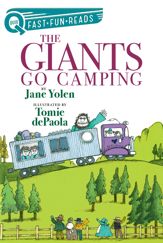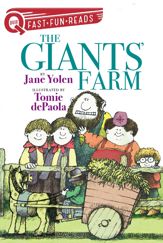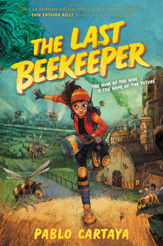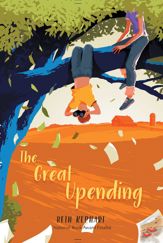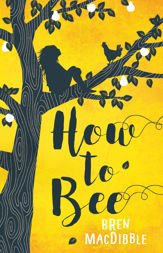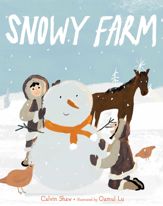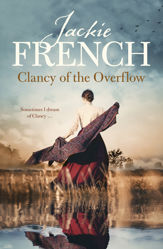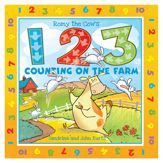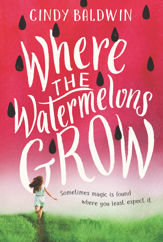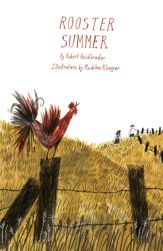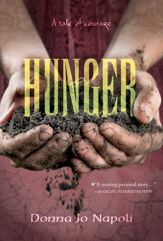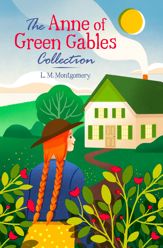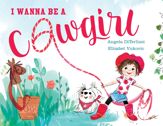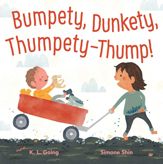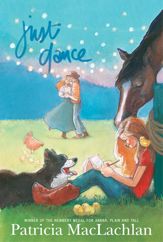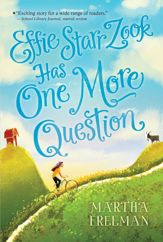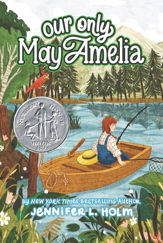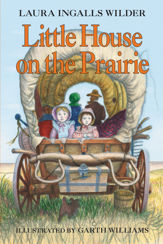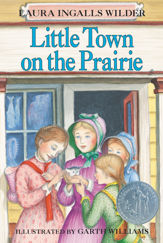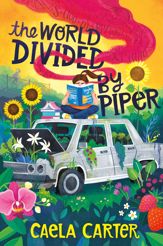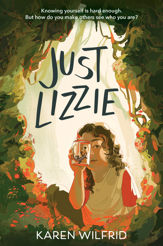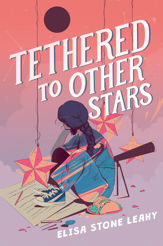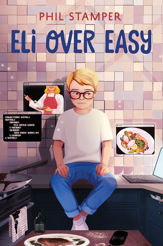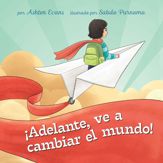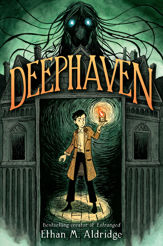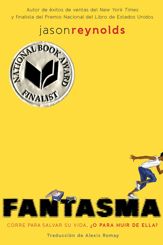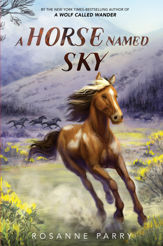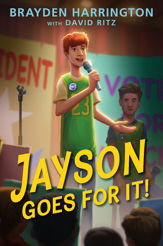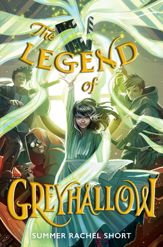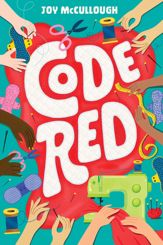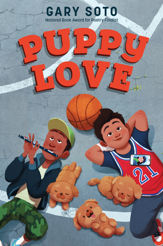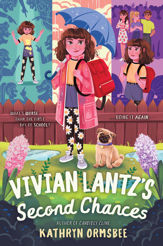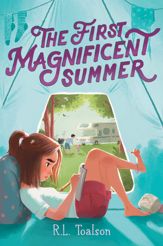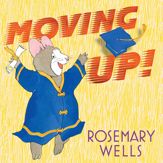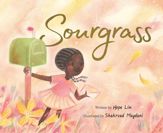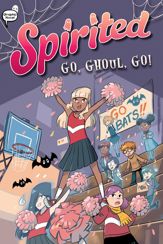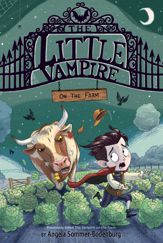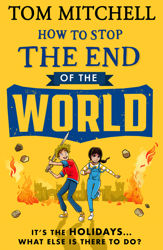* "It seems that if Summer’s Japanese American family didn’t have bad luck, they’d have no luck at all. Certainly good luck (kouun) is elusive. Consider that Summer has had malaria; her little brother, Jaz, is friendless; her parents have to fly to Japan to take care of elderly relatives; and her grandmother (Obaachan) and grandfather (Jii-chan) must pay the mortgage by coming out of retirement to work for a custom harvesting company. When the siblings accompany their grandparents on the harvest, Summer helps her grandmother, a cook, while Jaz is Jaz: intense, focused, and bad-tempered. At first, things go reasonably well, but then Jii-chan becomes sick, and it appears that it might be up to Summer to save the day. Will she succeed? Kadohata has written a gentle family story that is unusual in its focus on the mechanics of wheat harvesting. Readers may skim the more arcane aspects of the labor-intensive work, focusing instead on the emotionally rich and often humorous dynamics of Summer’s relationship with her old-fashioned but endearing grandparents and her troubled younger brother. Another engaging novel from the Newbery Medal–winning Kadohata."
Description
There is bad luck, good luck, and making your own luck—which is exactly what Summer must do to save her family in this winner of the National Book Award by Newbery Medalist Cynthia Kadohata.
Summer knows that kouun means “good luck” in Japanese, and this year her family has none of it. Just when she thinks nothing else can possibly go wrong, an emergency whisks her parents away to Japan—right before harvest season. Summer and her little brother, Jaz, are left in the care of their grandparents, who come out of retirement in order to harvest wheat and help pay the bills.
The thing about Obaachan and Jiichan is that they are old-fashioned and demanding, and between helping Obaachan cook for the workers, covering for her when her back pain worsens, and worrying about her lonely little brother, Summer just barely has time to notice the attentions of their boss’s cute son. But notice she does, and what begins as a welcome distraction from the hard work soon turns into a mess of its own.
Having thoroughly disappointed her grandmother, Summer figures the bad luck must be finished—but then it gets worse. And when that happens, Summer has to figure out how to change it herself, even if it means further displeasing Obaachan. Because it might be the only way to save her family.
Cynthia Kadohata’s ode to the breadbasket of America has received six starred reviews and won the National Book Award.
Reviews
* "Twelve-year-old Summer and her Japanese-American family work every harvest season to earn money to pay their mortgage. But this year, they face unprecedented physical and emotional challenges.
It has been a particularly hard-luck year. Among other strange occurrences, Summer was bitten by a stray, diseased mosquito and nearly died of malaria, and her grandmother suffers from sudden intense spinal pain. Now her parents must go to Japan to care for elderly relatives. So Summer, her brother and their grandparents must take on the whole burden of working the harvest and coping with one emergency after another. She writes a journal chronicling the frightening and overwhelming events, including endless facts about the mosquitoes she fears, the harvest process and the farm machinery that must be conquered. As the season progresses, her relationships with her grandparents and her brother change and deepen, reflecting her growing maturity. Her grandparents’ Japanese culture and perspective are treated lovingly and with gentle humor, as are her brother’s eccentricities. Kadohata makes all the right choices in structure and narrative. Summer’s voyage of self-discovery engages readers via her narration, her journal entries and diagrams, and even through her assigned book report of A Separate Peace.
Readers who peel back the layers of obsessions and fears will find a character who is determined, compassionate and altogether delightful."
"Sharp characterizations and descriptive details about modern farming invigorate Newbery Medalist Kadohata’s (Kira-Kira) funny and warm story about the Japanese-American daughter of migrant workers. Twelve-year-old Summer’s family has suffered a year of bad luck that included Summer’s near-fatal contraction of malaria and her parents’ departure to Japan to be with ailing relatives. In order to make ends meet, Summer’s grandparents come out of retirement to work for custom harvesters, which requires them to travel throughout the Midwest. Taking time off from school to accompany them, Summer reflects on her paranoia about mosquitoes, her lonely younger brother’s inability to make friends, and her annoyance at her sharp-tongued grandmother. During a time of crisis, however, Summer must set her concerns aside to rise to a challenge. Lively dialogue and a succinct narrative laced with humor effectively convey Summer’s emotions, observations, and courage. Readers will relate to her uncertainties and admire both her compassion and her work ethic."
"Author Cynthia Kadohata does an excellent job of portraying the intensity of the lives of the farmers whose entire fortunes rest on their wheat crops being harvested at exactly the right point -- when the grain is mature and tests at the ideal moisture content. Any delay in harvesting combined with an untimely rain can conceivably wipe out the crop and the farmers' future, and readers get an eyeful of the ridiculously long hours the custom combine operators are forced to work when rain is forecast in the too-near future....Realizing that THE THING ABOUT LUCK is set in the present time, and there are girls like Summer out there today, wandering the nation's breadbasket with their migrant worker parents or grandparents, makes this an even more powerful read about an America that is a whole different world.
This is going to be a book well-worthy of adoption for sixth grade English curriculums."
